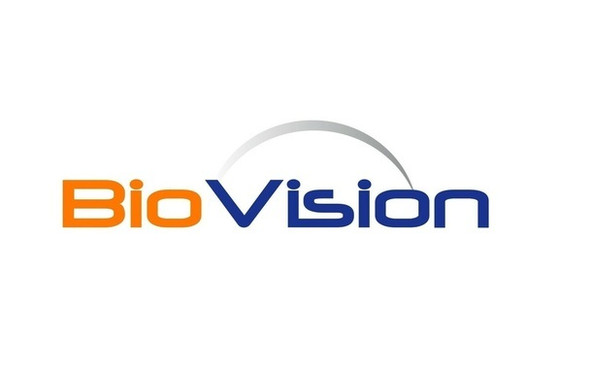Biovision
Human CellExp™ TIGIT, rat recombinant
- SKU:
- 26-P1089
- Availability:
- Usually Shipped in 5 Working Days
- Size:
- 10 μg
- Storage Temperature:
- -20°C
- Shipping Conditions:
- Gel pack
- Shelf Life:
- 12 months
Description
Biomolecule/Target: TIGIT
Synonyms: TIGIT, VSIG9, VSTM3
Alternates names: TIGIT, VSIG9, VSTM3
Taglines: >95% Pure, Human cell expressed TIGIT
Taglines: USA
Country of Animal Origin: USA
NCBI Gene ID #.: N/A
NCBI Gene Symbol: TIGIT
Gene Source: Rat
Accession #: D3ZTQ2
Recombinant: Yes
Source: HEK 293 cells
Purity by SDS-PAGE #: ≥95%
Assay: SDS-PAGE
Purity: N/A
Assay #2: N/A
Endotoxin Level: < 1 EU/μg
Activity (Specifications/test method): N/A
Biological activity: N/A
Results: N/A
Binding Capacity: N/A
Unit Definition: N/A
Molecular Weight: 40 kDa
Concentration: N/A
Appearance: Lyophilized
Physical form description: Lyophilized from 0.22 μm filtered solution in PBS, pH7.4. Generally 5-8% Mannitol or trehalose is added as a protectant before lyophilization.
Reconstitution Instructions: Reconstitute in sterile deionized water to a concentration of 50 μg/ml.
Background Information: T-cell immunoreceptor with Ig and ITIM domains (TIGIT) is also known as V-set and immunoglobulin domain-containing protein 9 (VSIG9), V-set and transmembrane domain-containing protein 3 (VSTM3),which belongs to single-pass type I membrane protein containing an immunoglobulin variable domain, a transmembrane domain and an immunoreceptor tyrosine-based inhibitory motif (ITIM). TIGIT is expressed at low levels on peripheral memory and regulatory CD4+ T-cells and NK cells and is up-regulated following activation of these cells (at protein level). TIGIT binds with high affinity to the poliovirus receptor (PVR) which causes increased secretion of IL10 and decreased secretion of IL12B and suppresses T-cell activation by promoting the generation of mature immunoregulatory dendritic cells.
Amino acid sequence: N/A
Handling: Centrifuge the vial prior to opening.
Usage: For Research Use Only! Not to be used in humans



